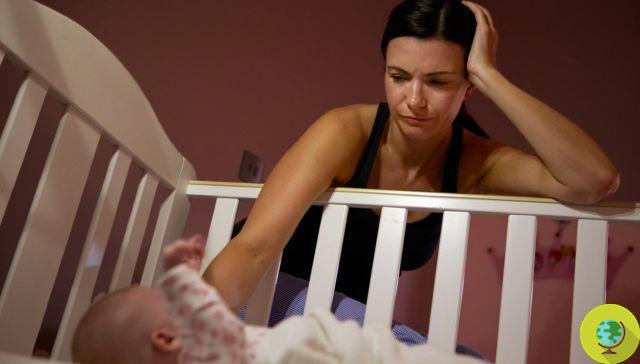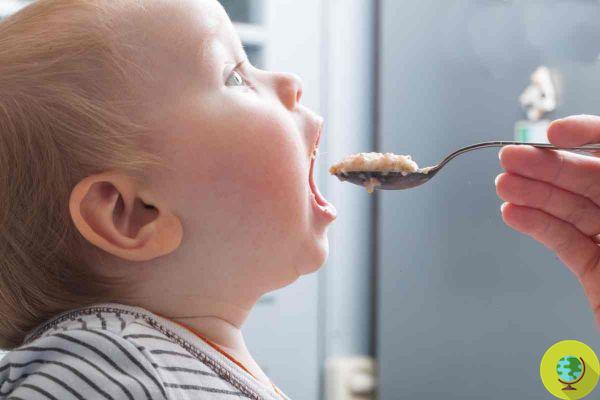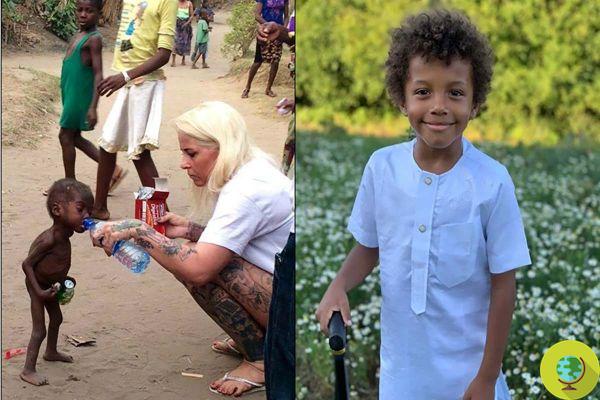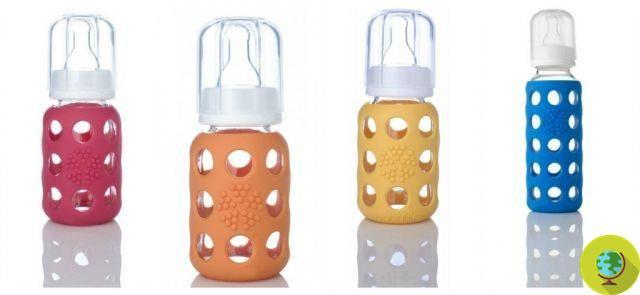
It seems that mothers who give birth in the winter or spring months have an advantage, at least in terms of the risk of suffering from postnatal depression or postpartum depression. This is supported by a new American study ..
Don't store avocado like this: it's dangerous
It appears that mothers who give birth in the winter or spring months have an advantage, at least in terms of the risk of suffering from postnatal depression or postpartum depression. Supporting this is a new American study.
Known for some time, but still not fully known and accepted today, it is the phenomenon of depression that occurs in some new mothers shortly after giving birth, thanks to the hormonal disruption, the difficulties in regaining one's balance in the family, the scarce aid, the much time spent alone with the baby, little time to devote to herself, etc.
The phenomenon, also known as the baby blues, seems to be more frequent in mothers who give birth in the fall or summer rather than those who hold their baby in their arms for the first time in winter or spring. These are the results of a research, conducted at Brigham & Women Hospital in Boston, which analyzed the medical records of 20.169 women who gave birth between June 2015 and August 2017. Out of the total, 817 women (4,1%) suffered from postpartum depression.
The myth is therefore dispelled that cold temperatures and shorter days can favor a low mood and above all a poor social life. In contrast, researchers believe that friends and family are more likely to see each other and help the new mother, both physically and psychologically, when the weather is colder. Winter is a season in which, regardless of new births, you spend a lot of time indoors and invite family and friends more often.
Conversely, social commitments usually take over in the summer months, and new mothers may feel trapped at home as they cannot spend as much time out as they might wish. In this sense, spring is still an intermediate season that can favor the outings but also the social life of mothers struggling with a newborn.
As Dr. Jie Zhou, head of the research, stated:
"The literature has linked postpartum depression to vitamin D. Its storage can run out in a few months without proper supplementation or sun exposure."
The researchers also discovered other factors that influence postnatal depression such as: the duration of pregnancy, having or not had an epidural and body mass index (BMI). Women who have given birth prematurely are more likely to suffer from depression, the same is true for plumper women. Not having an epidural during delivery would also increase the risk.
However, around 10% of women experience some degree of anxiety or depression after birth. Symptoms include sadness, restlessness, and lack of concentration. Researchers are convinced that postnatal depression typically comes from a combination of hormonal changes, psychological adjustments to motherhood and fatigue. And how does the birth season affect?
"The influence of the season on the incidence of postnatal depression may be due to greater care and psychological support from other people in difficult climatic conditions"
Read also:
- POST PARTUM DEPRESSION: NEW MOTHERS CAN OVERCOME IT WITH AN APP
- DEPRESSION: SYMPTOMS, CAUSES AND HOW TO GET HELP
Let's say that with the support of the family and, if necessary with the help of a professional, every woman can overcome an initial difficult moment and take better care of the newcomer and of herself (regardless of the season!).


























